
ExxonMobil’s frontier exploration director Tristan Aspray said on Wednesday that the governments should provide the appropriate support, to increase energy supply from the Easter Mediterranean, speaking during a panel discussion on energy supply and security in Europe, during the 18th Economist Summit held in Nicosia.
As he said the new discoveries offshore Israel, Cyprus and Egypt are relatively small and in deep waters requiring an investment of billions of dollars to develop. He spoke of the need of government support, appropriate terms and demand of security, to further strengthen energy supply from the Eastern Mediterranean.
He also noted that in the last years the Eastern Mediterranean has already become a source of energy, not only for domestic use but also for the supply of Europe, especially in natural gas, while production has increased significantly.
Referring to the recent discoveries in the area but also to the company's promising activity in blocks "10" and "5" of the Cyprus EEZ, he said that the area is becoming more and more important for his company as well. The Eastern Mediterranean, he added, is becoming super important in the face of recent energy challenges.
He added that natural gas will continue to play an important role in the green transition due to its reduced emissions compared to other fuels, its good combination with renewables and its role in the development of hydrogen as an alternative fuel.
Speaking during the same panel, Cypriot Minister of Energy, Commerce and Industry Natasa Pilides said that the option of a floating infrastructure for liquefied natural gas in Cyprus (FSRU) in Cyprus has already been discussed with the companies as well as the European Commissioner responsible for energy and expressed the hope that the economics will support this perspective. She also said that the results of block "6" of Cyprus’ EEZ are extremely important to see if there are additional quantities.
Pilides said that Cyprus is implementing a multidimensional energy strategy, the main objectives of which was to strengthen the security of energy supply, remove energy isolation and operate the competitive internal electricity market and the internal natural gas market. She added that new technologies aiming to reduce the cost of energy for households, businesses and public organisations are also promoted.
Referring to the "EuroAsia Interconnector", she said that after years of work the flagship project is expected in the first half of 2028 to connect Europe with the Middle East and finally to end the energy isolation of Cyprus. Among other things, she said that from the operation of the "EuroAsia Interconnector" depends the implementation of the goal set by the EU, for a percentage of at least 15% of electrical interconnection for each member state, by 2030.
She also referred to the conference of the East Mediterranean Gas Forum (EMGF) held last week in Nicosia, noting that all participants stressed the need for joint and well-coordinated actions, but also for the exploitation of possible synergies accelerating gas supply from the Eastern Mediterranean to Europe at a very critical time. For this purpose, she added, the EU Energy Commissioner had separate meetings the day before with the companies operating in Cyprus EEZ. In addition, she added, President Anastasiades noted the Government's readiness to examine the possibilities and proposals for connecting various natural gas fields in Cyprus, Israel, Egypt, and also in Lebanon, either with existing or with new infrastructures, through which the gas could be exported to Europe.
In a video message, Greece's Minister of Environment and Energy, Konstantinos Skrekas said that Greece has always been a actor of stability and energy security in the Eastern Mediterranean and the current government has actively promoted key infrastructure projects in the region with the aim of diversification of resources and the green transition.
As he said, this huge energy infrastructure and the green revolution aims at Greece’s energy autonomy. He added that Greece has given a large percentage of support to RES to mitigate the current crisis, but European initiatives are also needed to help the market.
Former Minister of Environment, Energy and Climate Change of Greece, Yannis Maniatis, said that the EU has made significant mistakes in the energy sector by considering that the green transition alone can constitute a new energy doctrine of Europe, while forgetting that for sustainable development not only green growth, but also energy security and the fight against energy poverty must also be taken into account.
He spoke of the need for a new energy doctrine for the decade of 2020, based on the experience of the rights and wrongs of the previous period.
He also noted that Europe cannot ignore the Eastern Mediterranean when it’s thirsty for natural gas and said also that the EastMed pipeline should be prioritised by governments and also by the EU.


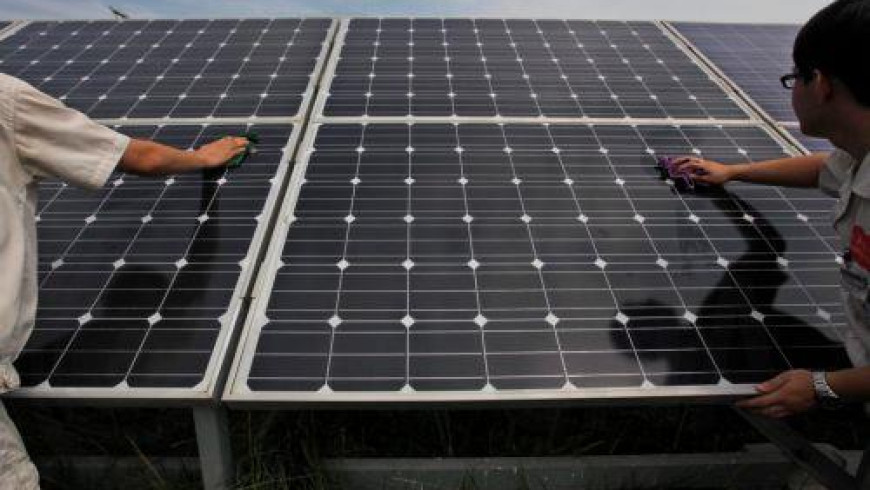
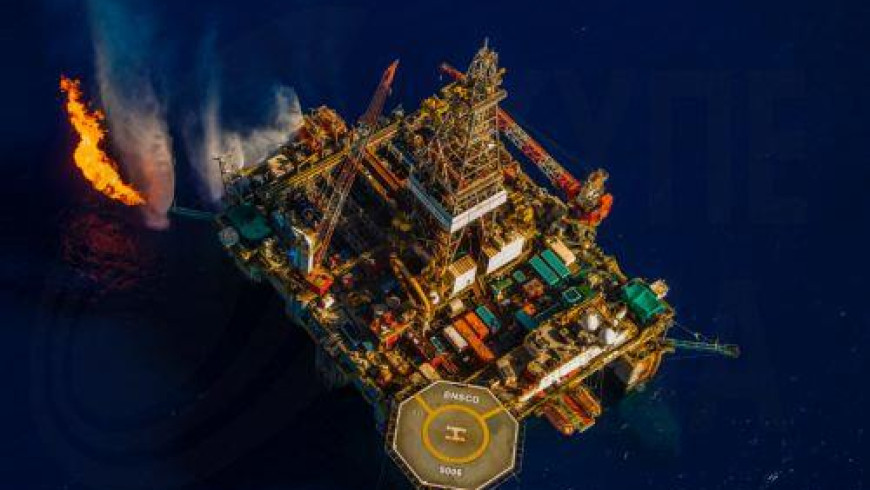
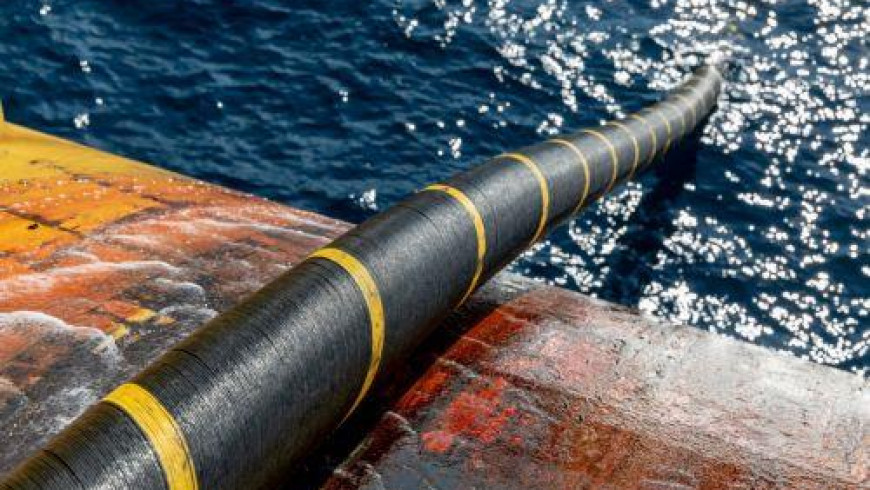
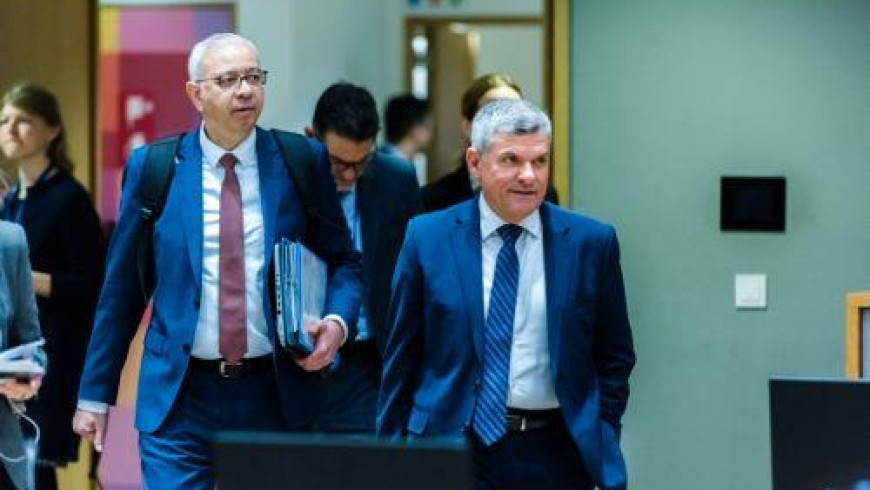
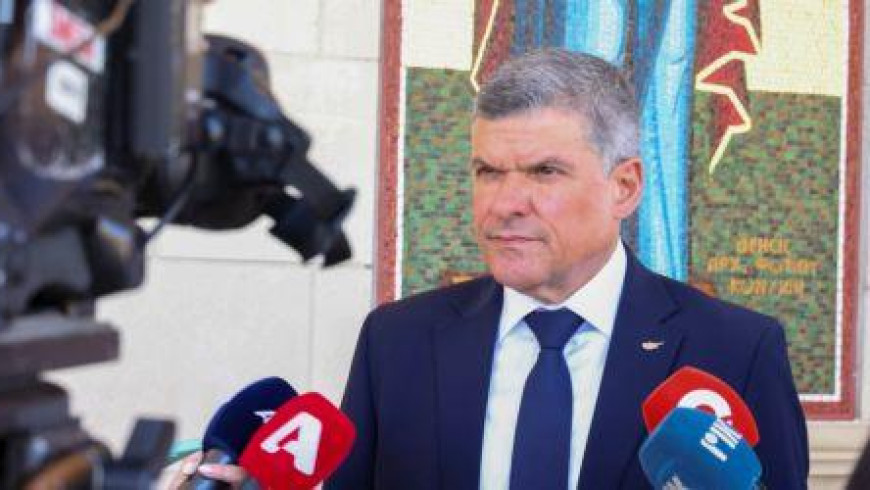
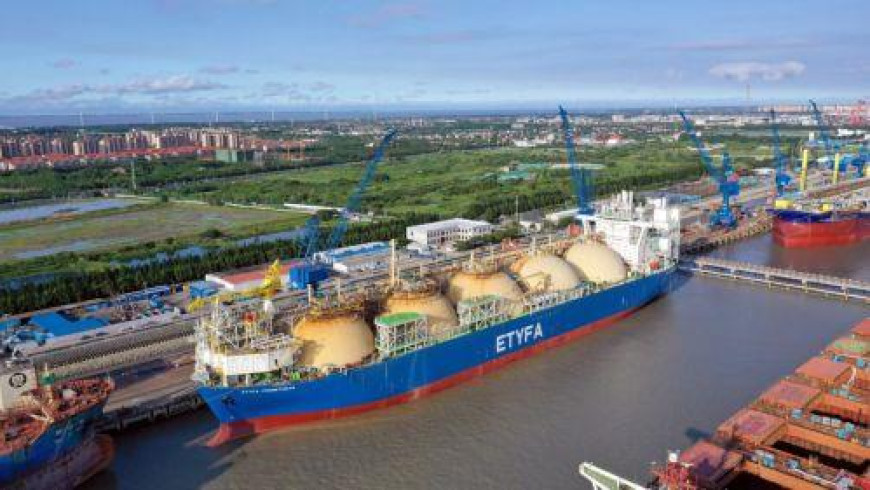
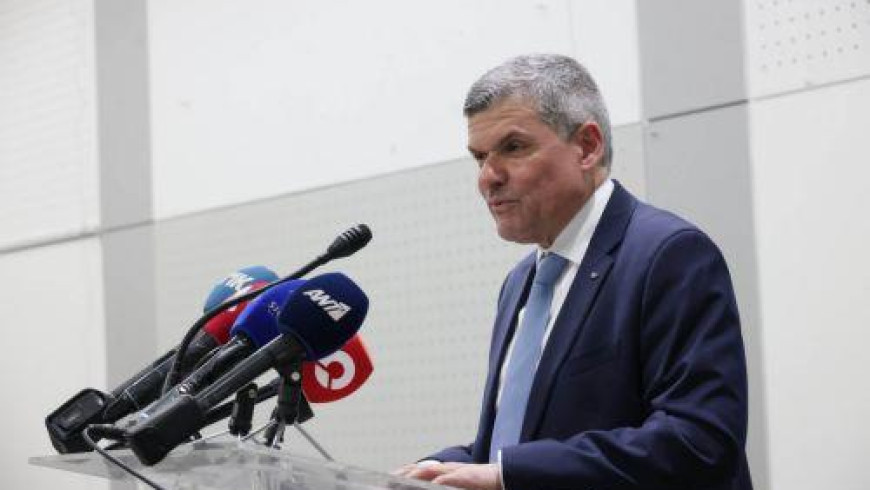




 3287.99
3287.99 1275.09
1275.09
